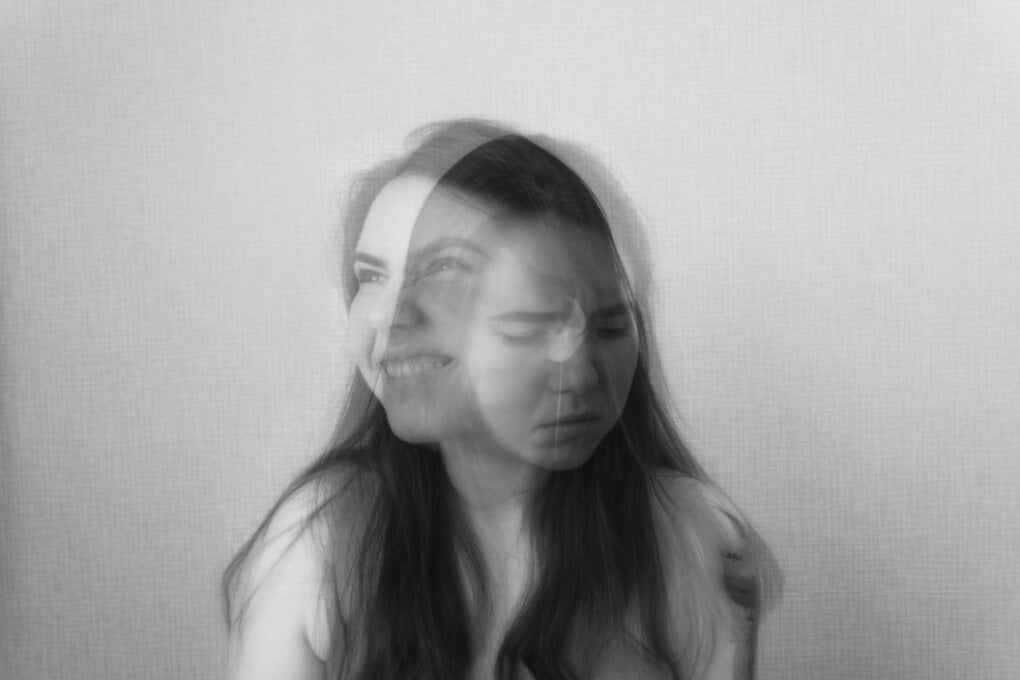Attending Bipolar Disorder with Care and Compassion
Refresh Recovery bipolar disorder treatment San Diego offers an evidence-based and humanistic approach with sustained outcomes.
Bipolar disorder (formerly called manic depressive illness) is a mental health condition that causes extreme changes in thinking, mood, energy levels, and overall behavior. This mental health condition affects around 2 % of the population. It was once known as manic depression because people experience extreme moods (both depressed (low) and high or excited (manic). It is common for bipolar disorder to be comorbid with drug or alcohol use leading to a dual diagnosis diagnostic. At Refresh Recovery mental health treatment San Diego we attend each with its specific root and therapies, including support for family and modern use of supplements such as NAD therapy.


Understanding Bipolar Disorder
Bipolar disorder has a combination of genetic and other factors usually associated with its development. Like other mental health conditions, a family history of bipolar disorder increases the likelihood of someone developing the disease at some stage.
People with bipolar disorder experience extreme highs and lows. In a high (manic) state, people may behave recklessly. Their thoughts, speech, and movements speed up, and they may have difficulty focusing on tasks, feeling frustrated and irritable. On the other hand, the symptoms of a low or depressed state are like those of people experiencing depression. These include feeling down or sad, detaching from society or family, and losing interest in hobbies and pleasures.
The maniac phase involves increased energy, irritability, anxiety, overactivity, spending, sex drive, racing thoughts, rapid speech, decreased sleep, grandiose ideas, hallucinations, and delusions.
People may feel like their brain has racketeered. Many of them virtually cannot sleep the whole night. They feel like millions of thoughts and mad; creative ideas are in front of them.
The depressed phase shows low mood, irritability, loss or change of appetite, lack of motivation, low self-esteem, sleep disturbance, suicidal thoughts, and difficulty managing small tasks or making simple decisions.
Some of the following bipolar disorder signs are like those that occur with other problems such as drug abuse, A.D.D. (attention deficit disorder), major depressive disorder, disruptive mood disorder, or even schizophrenia.
Manic Episodes: An episode of mania includes a period where the client’s mood has changed, and it is elevated (overly happy), expansive, or very irritable, and the person also has increased energy at the same time (far more acute than what is expected in such young people)
Other manic symptoms of bipolar disorder may include:
- Unrealistic highs in self-esteem – for example, a client feels all-powerful or like a superhero with extraordinary superpowers.
- Overwhelming increase of energy.
- Decreased need for sleep, such as getting little or no rest for days without feeling tired.
- Increase in talking – when the client talks too much, changes topics quickly, and cannot be interrupted.
- Distractibility – the child’s attention constantly moves from one thing to another.
- Repeated high-risk-taking behavior, such as abusing alcoholic drinks and drugs, reckless driving, or sexual promiscuity
Depressive Episodes: People who have bipolar disorder may also experience periods of depression. An episode of depression includes low or irritable mood.
Other symptoms of a depressive episode may include:
- Decreased enjoyment of hobbies
- Intense tiredness
- Oversleeping or insomnia
- Lack of concentration
- Constant complaints of boredom
- Substance use disorders such as alcohol abuse or other drugs
- Eating disorders
- Frequent stomach aches or headaches
- Death wishes
At Refresh Recovery in San Diego, our focus is not to know why someone has bipolar disorder nor zooming in on the diagnosis but to provide tools and help understand the symptoms in a safe and non-judgmental environment.
Real-life tools to live with mental health disorders such as Bipolar
Treatment for bipolar disorder usually includes educating the patient and the family about the illness and medication-assisted treatment.
Medication-assisted treatment plays a vital role in bipolar treatment, and it has shown positive outcomes and reduced relapses. The most important thing is to receive the proper treatment that works for the patient. At Refresh Recovery, we will attend to your unique needs for bipolar disorder and accompany any parallel dual diagnosis, such as alcoholism or drug addiction. Rehab for substance use disorders is recommended, and long-term services are available.
Flourish with Experienced Mental Health Professionals and Therapists
If you notice these symptoms in yourself or someone close to you, it is crucial to seek professional help. At Refresh Recovery, we are ready to set up an appointment to get an accurate diagnosis.
